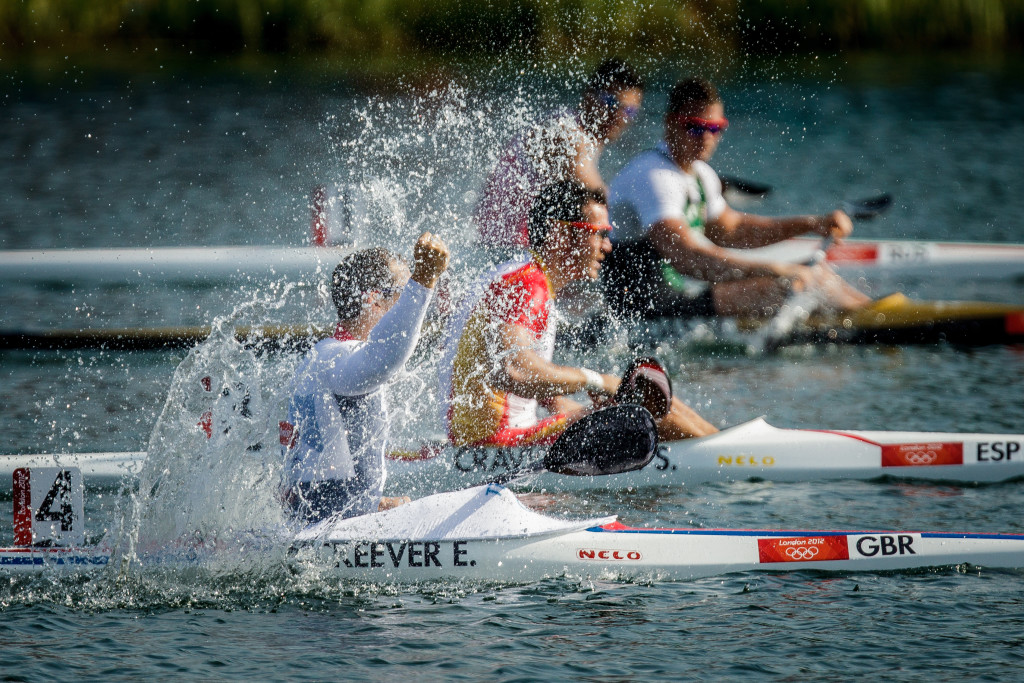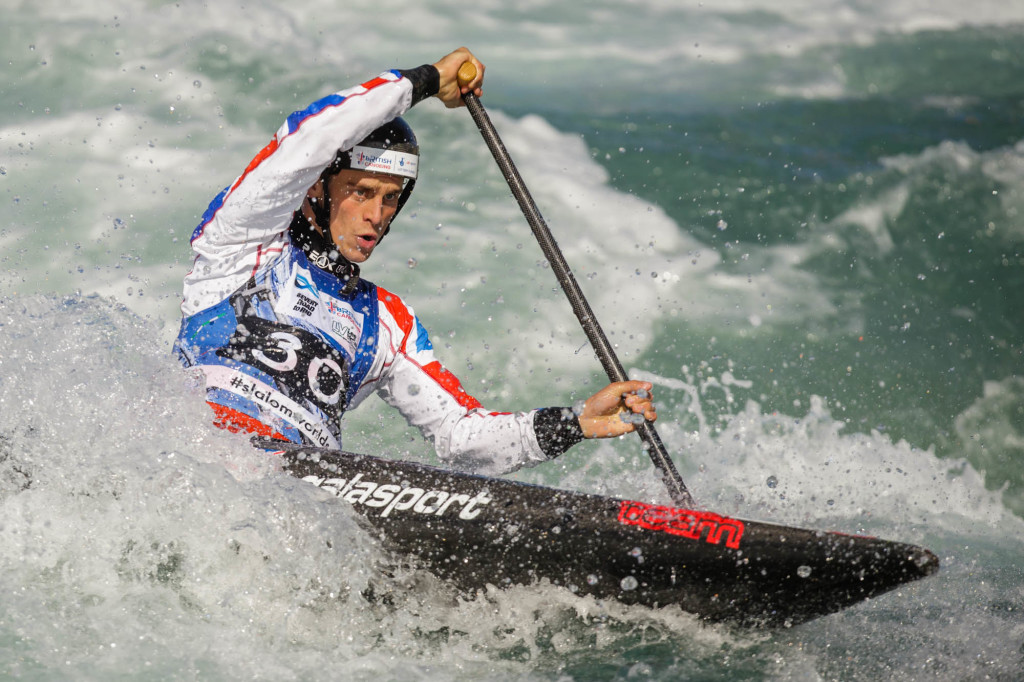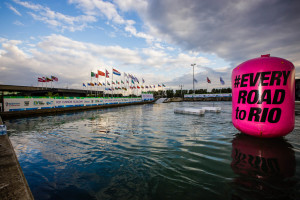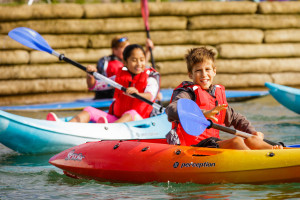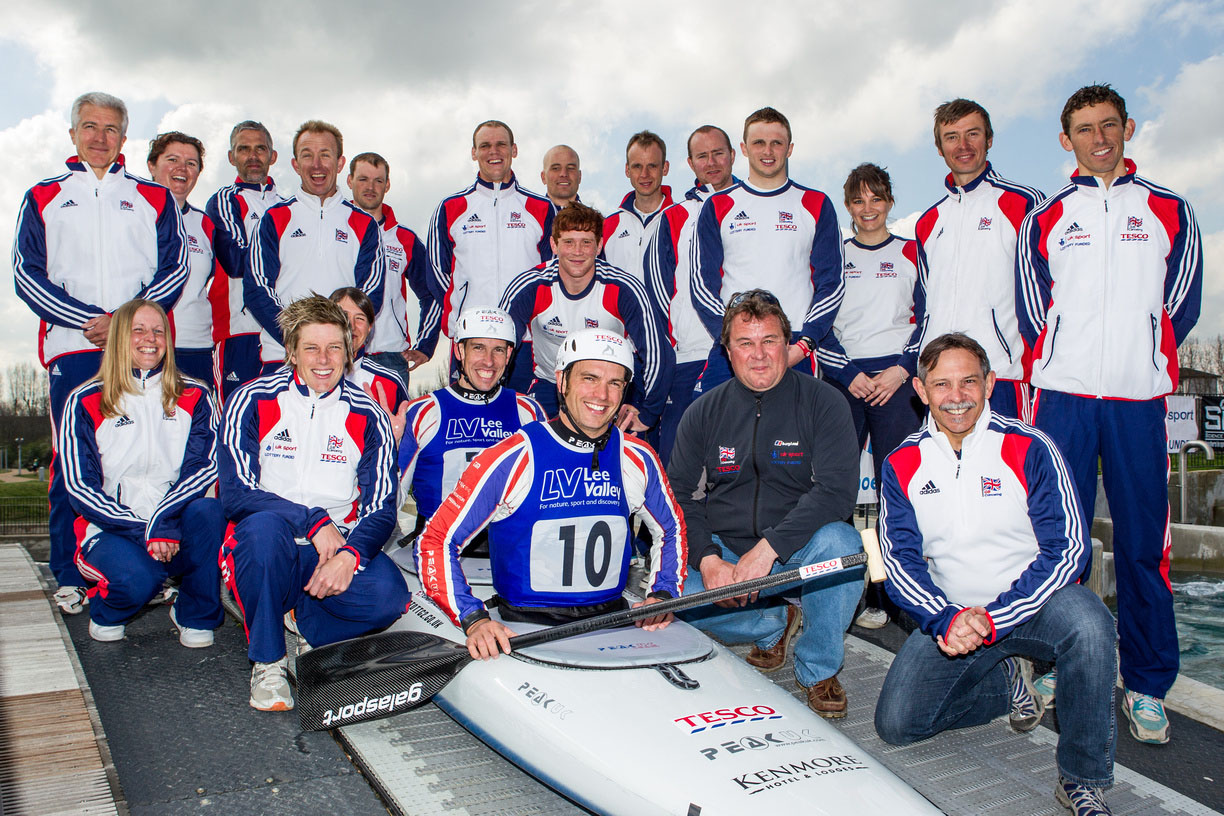British Canoeing (BC) is the national governing body for paddlesports in the UK. Formerly known as the British Canoe Union, Canoe England and GB Canoeing, BC now bring together the Scottish, NI and Welsh bodies into a unified umbrella. We spoke to Mark Taffler about what they’ve learnt since 2012, and where they’re going.
What’s your name and position within the organisation?
Mark Taffler – Commercial Manager
Tell us about British Canoeing and how it’s evolved since it was the BCU?
The organisation was originally known as the British Canoe Union (BCU) but the rebrand to British Canoeing is more than just change of wording and a different logo; it is a step change which brings all of our home nations, different disciplines and committees under one consolidated banner. All the output that will come from BC going forward will be standardised which will help enable better recognition of the sport. It is also a statement of intent with regards to the support we offer as the National Governing Body (NGB) for the sport.
How widespread is canoeing and what can it be seen to be offering that’s different and stands out against other sports?
Canoeing (or “paddling” as it’s more commonly known!) is the most widely participated in watersport in the country, with over 1.5m people taking part each year. We have the diversity of disciplines that range from Olympic events such as Slalom and Sprint, through to the mass participation categories such as Marathon and Polo. I think, from the perspective of a brand, we have very clear health benefits and extremely exciting activation opportunities. We also have relationships with the EA (Environment Agency) and CRT (Canal and Rivers Trust), which enables our paddlers to paddle in most of the inland water in the country.
How did the organisation come to be working with its current sponsorship partners?
We were involved with Tesco during London 2012 and it was from this initial point that we cultivated our present relationships. We had to work hard to ensure that, post-London, we still maintained the same levels of opportunity and engagement with our established audience as we did with our new one, but I think we managed that. Currently, we work with a raft of partners across co-op marketing opportunities, value-in-kind (VIK) and cashback deals, which both parties benefit from. Our 60k strong database is extremely involved and we experience higher than average levels of engagement, often exceeding 10% from most of our activity.
How are you harnessing and executing on digital strategy (both with regards to sponsors, as well as participants), and what problems / opportunities has this digital strategy created?
Digital is absolutely vital. Brands are moving towards digital as central facet of their comms strategy. We know from our own research that 2nd and 3rd screens are an important part of our audience’s media consumption habits and we are actively working to engage through those channels. For example, we know that mobile is an important way to reach our audience and we utilise our Facebook pages. We recognise that we have a very visually appealing sport and this, in turn, allows us and our partners to create wonderfully engaging content. In October we witnessed engagement rates in excess of 37,000 people, and by making use of some great content (a video) we received over 15,000 views, which is exceptional for a “minority sport” such as ours. Any partners that a brand works with need to embrace digital to the same effect. Even though we’re a relatively small sport in the wider sense of the sporting universe, we’re smart enough to recognise that we have to continually strive to grow our online footprint through paid, owned and earned media.
Are you still seeing / feeling the 2012 legacy?
For us, legacy is a big agenda. Our reason for existing is to enable, encourage, and help people to participate and achieve in paddling, whether that be on the local river or at the Olympics in Tokyo in 2020. We saw a big spike in people participating after London 2012 but that was always going to be a golden time, and it was the months and years after 2012 that were going to really help shape the sport and the organisation. Our job is to make sure that we keep helping the paddlers and the interested parties that need our help, and we need to ensure they have what they need in order to be able to do it. So things that are as mundane as fixed portages are high on our agenda, and we work tirelessly to help ensure that this kind of attention to detail is seen through to its conclusion. By ensuring that the legacy part of the equation is met, we also meet some of the strategic needs of our commercial partners, who recognise that by focusing on building stronger relationships with our audience, we also build stronger relationships for them to leverage in a mutually beneficial way.
What are the challenges facing British Canoeing and its partners as we move towards Rio 2016?
Well, we have qualified all of our slalom boats for the games so that is an immediate challenge that we’ve successfully overcome! Commercially, we need to work with partners to enable them to feel the benefits of being involved with an Olympic sport, and it would be helpful to us if we were to see some of the revenue that the BOA generated from Team GB. The NGBs, whose athletes help make up team GB, don’t see any of this revenue.
Another big challenge that we are facing is, surprisingly, from the European Championships in France. This is a major football tournament, running at the same time, that will take a large part of both the media and audience mindshare. Sponsors will be looking to obtain the best return on their investment and participation and we have to ensure that our activation opportunities are aligned with, but slightly distanced from, Rio in order to compete. There will undoubtedly be a lot of attention on Rio, but there will also be a lot of attention on France and that’s something we have to think about.
What activation opportunities do you see being available in 2016?
Firstly, the calendar across a year is extremely busy. As I mentioned earlier, we have a very high engagement rate across our audience, which we have been careful to cultivate, and this spans in excess of 250 UK events a year. As an NGB we want to ensure that these fans are able to interact with our partners in ways which suit them. Our participation brand ‘Go Canoeing’ is a fantastic opportunity for any brand partner. It is heavily CSR focused, with a real drive on getting people into boats. We are launching a three lakes challenge next year which will be extremely good fun. We also have over 4,500 miles of waterways, which are used by 19.5m people per year, and we’re keen to enable more activation opportunities across this vast expanse of the UK landscape.
What has British Canoeing learnt since 2012, and how has it adapted its strategies since the London Olympics?
One thing that we’ve become very aware of, and this is as a direct result of having lived through a home Olympics, is that our organisation (BC) needs to be self-sufficient. The opportunity that 2012 afforded us was a one-off and we cannot be reliant on those levels of funding and support moving forward. British Canoeing has been gradually moving to a commercial model, whereby we look to maximize on all elements of potential revenue and in return offer back a measurable and specific return to our partners.
How involved with the individual athletes is British Canoeing? Do you see / feel that there’s a need for training on how to work with your key sponsors?
We are so lucky with our athletes. They are a passionate, successful, engaging and intelligent group. There is no need to train an Olympic athlete to do anything. Just point them in the right direction and they’ll do the rest!
